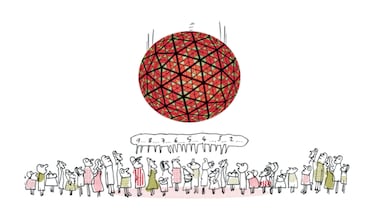- HOME
- /
- Odds and Ends
- /
- Quickipedia
- /
Universal Basic Income

Universal basic income (UBI) is in the news all over the world. In its simplest form, it refers to a fixed income that citizens of a country receive, as social security, from the government or another body, in addition to whatever other means of income they have. UBI is for everyone, unconditionally, and in cash only.
In capitalist systems, the money for UBI will be raised through taxation. In other systems, it will be dispensed from the profits of publicly owned enterprises. It would act as a replacement for various other social welfare schemes, tax incentives and conditional subsidies.
Extensive discussions on UBI are taking place across the globe with some urgency as the coming wave of automation and artificial intelligence (AI) is likely to trigger vast amounts of unemployment, especially among low-skilled workers, and UBI could be one way to avert a widespread economic and social crisis. Pilot programmes have been tried in a number of countries, including India. A recent Indian government report indicates that the optimum way to implement UBI will be talked about in India over the coming years, as current welfare systems are suffering, owing to abuse, corruption and inefficiency.
That said, a lot about UBI remains unclear. What does 'universal' mean, if this is to be administered at a national level? Will UBI in the US be the same as in Mongolia? What, similarly, defines 'basic'? Food, clothing and shelter, yes, but what about healthcare and education? How does it address vast differences in living standards among both individuals and nations? How will it be delivered, and what are the exact criteria for 'universal' eligibility? How will its misuse be prevented? All these questions are yet to be resolved and the coming years will give us more information about this complex subject.






